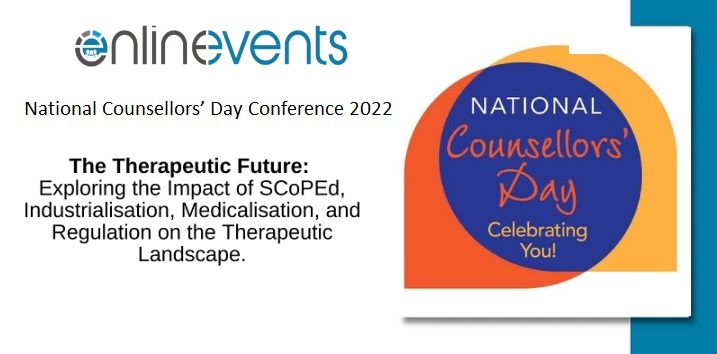The Therapeutic Future: Exploring The Impact of SCoPed, Industrialisation, Medicalisation, and Regulation on the Therapeutic Landscape.
Course Content
Presenter

Chloe Foster is the author of Email Counselling, an Introduction for Counsellors, a popular accessible e-book for counsellors and trainees.
With a first-class degree in Education, she loves teaching and training and is proud to have made training an ongoing part of her career since 2003. Over her counselling career she has trained hundreds of counsellors to become more confident working with LGBTQ+ clients through her work with The National Counselling Society, Onlinevents and The Counselling Tutor.
Today, with over 5 years’ experience working as an email counsellor, Chloe enjoys sharing the skills she has honed with fellow counsellors through interactive live training courses.
In addition, she runs Sussex Rainbow Counselling where she offers email counselling as well as video and phone counselling to her clients. Chloe works predominantly with LGBTQ+ clients, specialising in gender, sexual and relationship diversity.
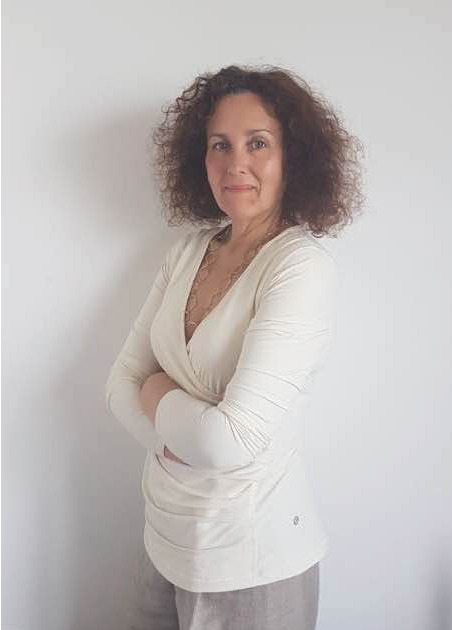
Clare Slaney is a psychotherapist, supervisor, and writer based in West London, with more than 20 years’ experience working with individuals and groups. Rooted in Person-Centred and Existential traditions, her practice is grounded in authenticity, paradox, and the continual negotiation between self and society. Alongside her clinical practice, she speaks and writes on the structural challenges facing the counselling profession, particularly the exploitation of unpaid labour and the impact of poverty on both clients and therapists. Exploring themes of marginalisation, power, and ethics in the counselling professions, she advocates for more honest and equitable practice. She is an Accredited Member of the British Association for Counselling and Psychotherapy.
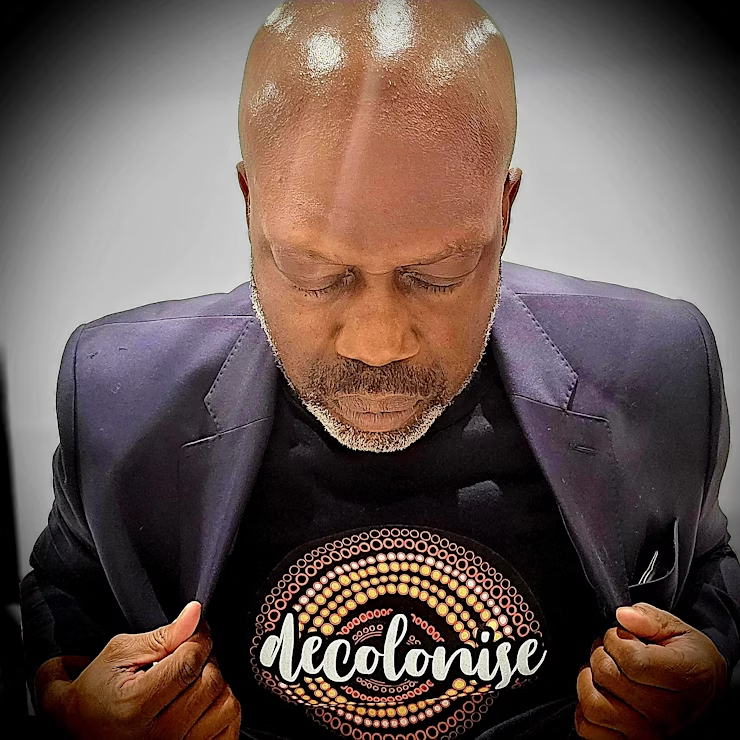
Dr Dwight Turner is Course Leader on the Humanistic Counselling and Psychotherapy Course at the University of Brighton, a PhD Supervisor at their Doctoral College, a psychotherapist and supervisor in private practice. His publications include The Psychology of Supremacy (2023), and Intersections of Privilege and Otherness in Counselling and Psychotherapy (2021), which are both published by Routledge, together with several chapters in anthologies on aspects of counselling and psychotherapy, and over 50 academic papers on everything from intersectionality in psychotherapy, to dreamwork, to Afrocentric spirituality. A leading driver in Intersectional Psychotherapy, Dr Turner is an experienced conference speaker, including numerous keynote presentations. Dr Turner has also run workshops for a wide variety of Universities, Charities, and private organisations on issues of race, difference and intersectionality in counselling and psychotherapy.
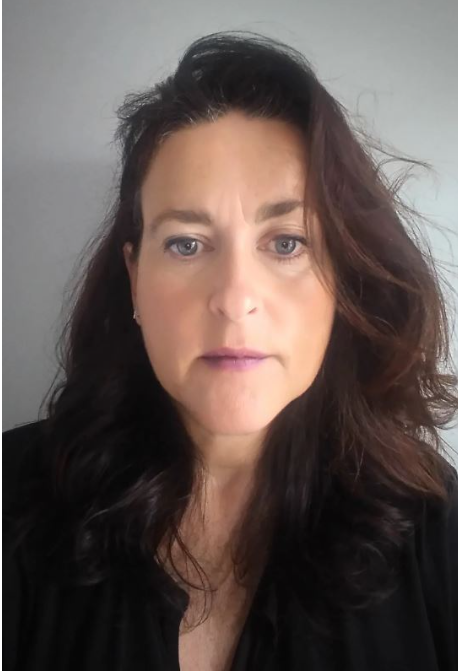
Dr Elizabeth Cotton is a writer and educator in the field of industrial relations and mental health. She is an Associate Professor of Responsible Business at the University of Leicester and the founder of Surviving Work. Her current research is around the digitalization of the therapy and she convenes The Digital Therapy Project which includes the CTUK. Her book UberTherapy: The new business of mental health will be published in 2024 by Bristol University Press.
Surviving Work | http://www.survivingwork.org/
Surviving Work in Healthcare | https://survivingworkinhealth.org/
The Digital Therapy Project | https://www.thedigitaltherapyproject.org/
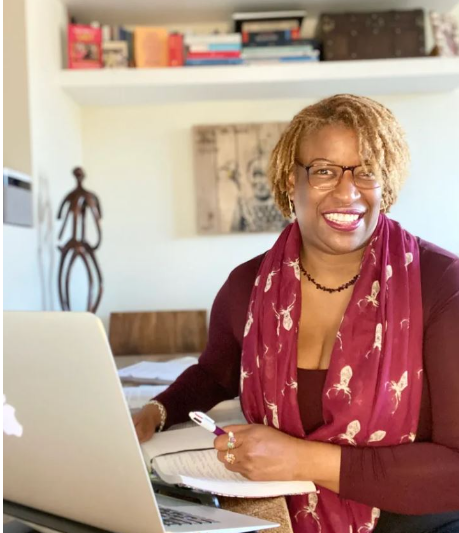
Dr. Emma Radway-Bright is a counsellor/psychotherapist with a thriving Private Practice based in South East London. During the pandemic, she started working online via Zoom; expanding the geographical locations of clients across the UK, Europe and beyond. She works with people who are experiencing depression, stress, anxiety, and the general pressures of modern-day living. She specialises in trauma – big and small – and works with people to resolve the emotional, physical and behavioural effects of any trauma they have experienced in the past, or more recently. She also specialises in working with parents who have not had their baby delivered to term; as well as new mothers who need support during their transition into parenting.
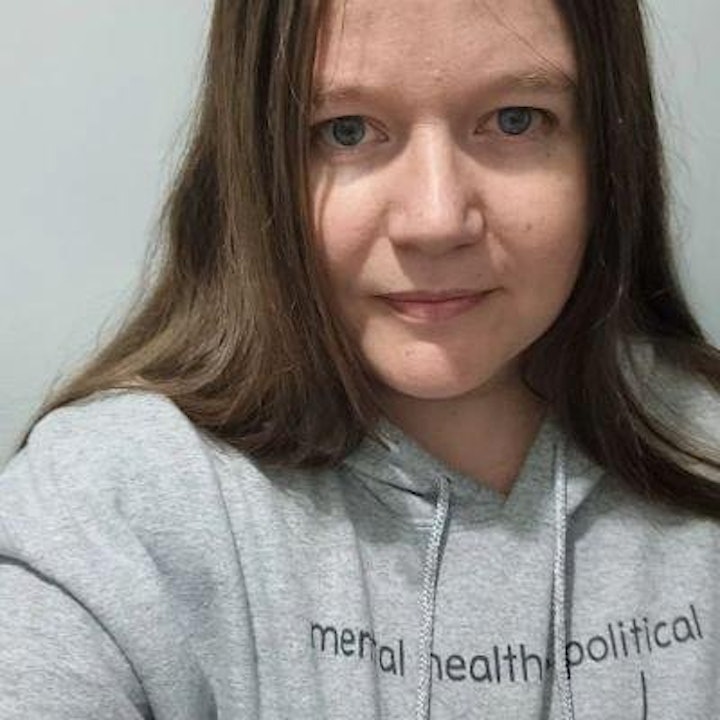
Erin (she/they) is an integrative therapist and supervisor working in private practice in West Yorkshire. Her practice is focussed on working with clients who have previous experience of harmful therapy, in short and long term work. She is increasingly working with therapists who work with harmed clients, as well as therapists who are concerned about, or otherwise interested in harm in therapy, both in open-ended supervision, and short term consultancy.
As well as therapy and supervision, Erin is a writer, trainer and activist, with a focus on harm in therapy, neurodivergence and social justice.
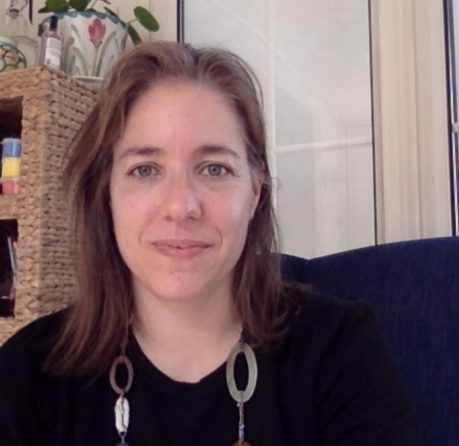
Having trained as an Integrative Child Psychotherapist, Juliet’s particular interest is in children and families and how we care for each other as a society as well as the use and potential of the expressive arts and healing potential of creativity. Juliet would like to see politics and decision-makers in our sector being much more representative of gender, ethnic, cultural and class diversity and would like to see this widening of diversity in our profession as well. Juliet has been the General Secretary of the Psychotherapy and Counselling Union for the past two years and has come to see PCU as an important protective, critiquing and challenging voice for our complex profession. In this context, Juliet’s particular concerns are in the direction economically driven policies are taking us, impeding the quality of in-depth relationships in the work we do.
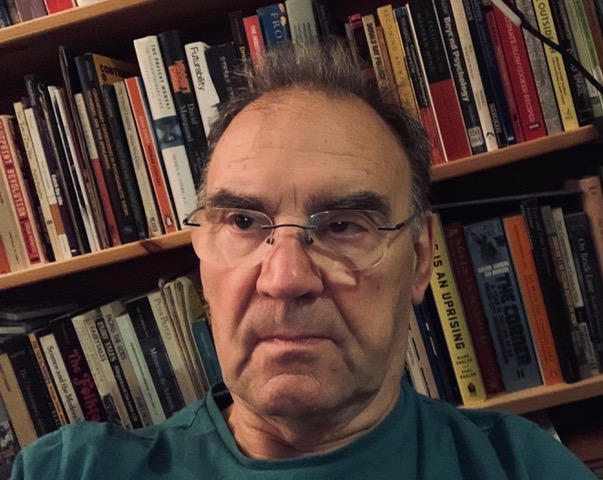
Paul Atkinson is a psychotherapist in independent practice in East London. He has been navigating the intersection of psychotherapy and political activism since the early 1970s, with many spells of apathy, despair and watching telly. He has chaired two psychoanalytic training organizations, helped found the Free Psychotherapy Network and the campaign for Universal Access to Counselling and Psychotherapy (uACT). He provides free open-ended psychotherapy at his local community centre in Poplar and is a convener of Mental Health Action. He has six grandchildren.

